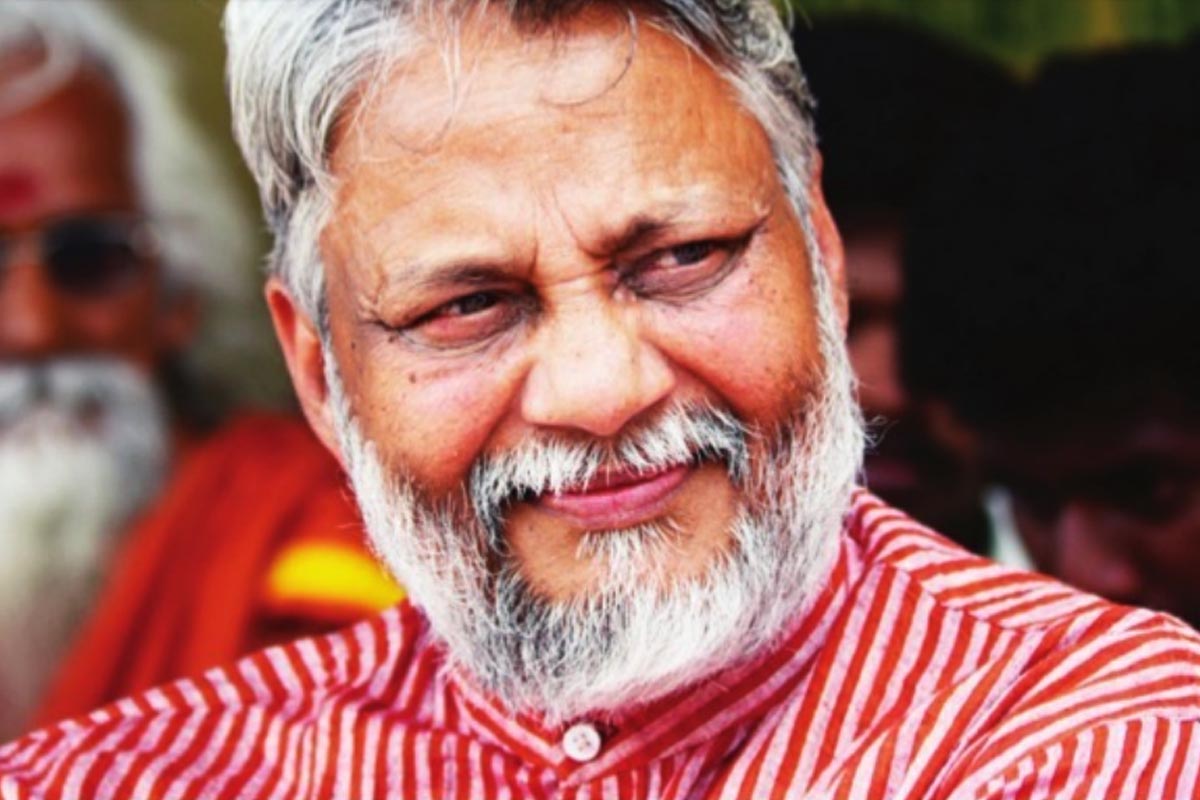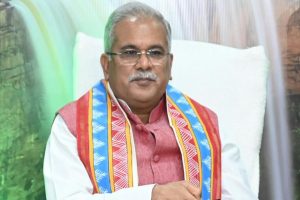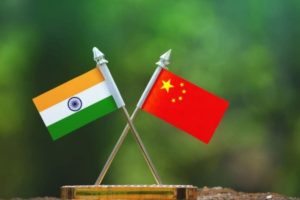Dubbed “Waterman of India”, Rajendra Singh has an overriding objective ~ how to revive traditional Indian water bodies, jettison the existing contractor centric water infrastructure work, and establish a decentralised, community driven, sustainable water conservation system. He has spent several decades in the water harvesting and conservation movement in order to conserve rain water and make prudent use of underground water. He caught global attention in the late 1990s when his social organisation, Tarun Bharat Sangh, resurrected seven rivers in the desert state of Rajasthan, where rainfall is known to be scanty or deficient. The Rajendra Singh-led organisation did not resort to “rocket science” for the purpose ~ it used simple water science and age-old, traditional water conservation methods with community support. It has so far constructed over 5,000 “johads” or check dams, revived seven rivers and helped in employment generation. It reversed migration from many villages in the arid belt of Rajasthan, where agriculture is critically dependent on rains.
A Magsaysay award winner, Rajendra Singh has also won the Stockholm Water Prize, which is also called the “Nobel Prize for Water”, for his simple, decentralised, community-oriented techniques of water conservation and reviving dead rivers. He spoke to VIJAY THAKUR on a range of water-related issues. Excerpts:
Advertisement
Q) The Modi govt has now merged various water-related ministries to form the Jal Shakti ministry. Your comments?
Answer: Prime Minister has shown his keen interest in water conservation in his first Mann Ki Baat programme (after returning to power). It is his dream to give potable water to every household. This a very noble cause and the announcement was made with a very good intention. Jal Shakti ministry was also made with this intention. But with good intention we also need a good Act to implement it. Government should have a proper roadmap to implement it. The programme should be made in such a way that it should function even if the present government goes. I mean all successive governments should follow the roadmap. And that can only be done through an efficient, stringent Water Security Act. We have a few good laws like RTI, MNREGA, Food Security Act, which work irrespective of the government or party in power.
Q) What is your assessment of the Modi government’s performance on the water front in its first five years?
Answer: Frankly speaking, they did little or nothing on the water front. Neither did they clean Ganga river as they claimed nor did anything on water conservation. Instead they closed community-driven decentralised watershed conservation projects and shifted their focus on a new scheme Pradhan Mantri Krishi Sinchayee Yojana (PMKSY).
In Namami Gange programme, money was spent for some other purpose. Same has happened in the PMKSY scheme. The problem is, all such programmes launched by governments irrespective of party in power are designed for a contractordriven economy. I am stressing on the community-driven decentralised water projects. A contractor-driven system only looks into profit and loss whereas the community-driven projects are operated and managed by the community, which is sustainable, economical and more beneficial. In the contractor-driven projects money goes down the drains most of the times.
Q) India is possibly facing the worst water crisis in history with about half of its population facing significant water stress or drought-like situation and tens of thousands of people dying annually due to inadequate access to safe water. What has led to such a catastrophic situation?
There is no denying the fact that water is going to be a major issue in the coming years. Water situation has worsened over the years and is deteriorating very fast. The fact is that we do not have enough supply of potable water to our population and the situation is really catastrophic. The water situation is worse than what we thought. And it would deteriorate further in the coming years.
Over the years virtually no government ~ at the Centre as well as in states, irrespective of their political affiliations ~ has ever taken water conservation seriously. They launched some cosmetic programme, which at first appeared attractive but yielded little results. Our governments failed to make people aware of the importance of water. They stressed on overexploitation of water and the results are visible.
Q) A NITI Aayog report titled Composite Water Management Index makes dark projections about the near future ~ that 40 per cent of our country’s population will not have any access to drinking water by 2030 and that 21 cities including Delhi, Chennai, Bengaluru and Hyderabad will run out of groundwater by 2020 affecting 100 million people. W hat is your take on such a report? Chennai already seems to be witnessing this kind of situation this summer?
Answer: There is nothing new in the report. We know the facts and water scarcity is visible at ground zero. The Chennai situation would start emerging from most of the water-starved towns in coming years and the number of such towns would increase every year if government does not launch a campaign on war footing to conserve and preserve water. We need to launch water conservation awareness. Nothing would help until we start it on war footing. Any delay would prove disastrous. People should know the importance of water and they should also realise that water is very precious. A largescale water literacy mission is the need of the hour.
Q) The Modi government has proposed to provide piped water connections to every household by 2024 when hundreds of millions don’t have access to clean water in the country.What do you make of it?
You make whatever programme you want, but it is of no use if there is no water conservation and if the misuse of water is not stopped. Contractors can lay water pipeline, but they cannot bring water in it if there is no long-term water management.
Q) What roadmap do you propose to deal with India’s water crisis and to overcome it?
Answer: You know the secret of our water harvesting projects and revival of rivers was not that we pumped money into it. They were not contractor-based projects. Ours were community- driven decentralised projects. We took all stakeholders along and started our journey.
We spent peanuts, yet results were miraculous to many. Projects were selected and planned in a manner that it were beneficial to community and community people took care of its maintainance part. Government should make community-driven long term policies and they would see the results by themselves.
Another important aspect is the Centre should launch a water literacy mission, skill development for efficient use of water, a strong Water Security Act ~ something on the lines of Madhya Pradesh ~ revival of traditional water bodies, and strict penal action against those who have encroached on water bodies or its catchment areas.
















